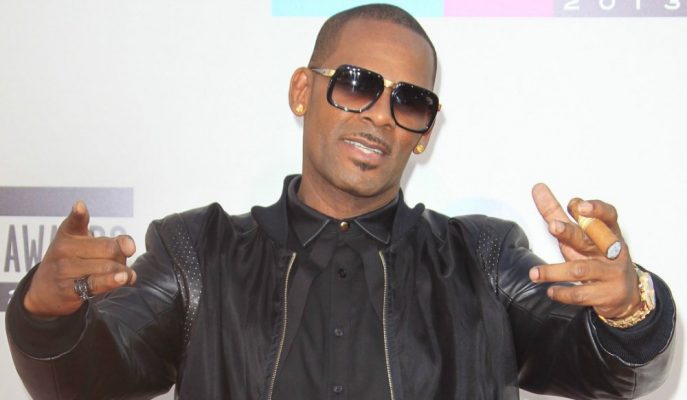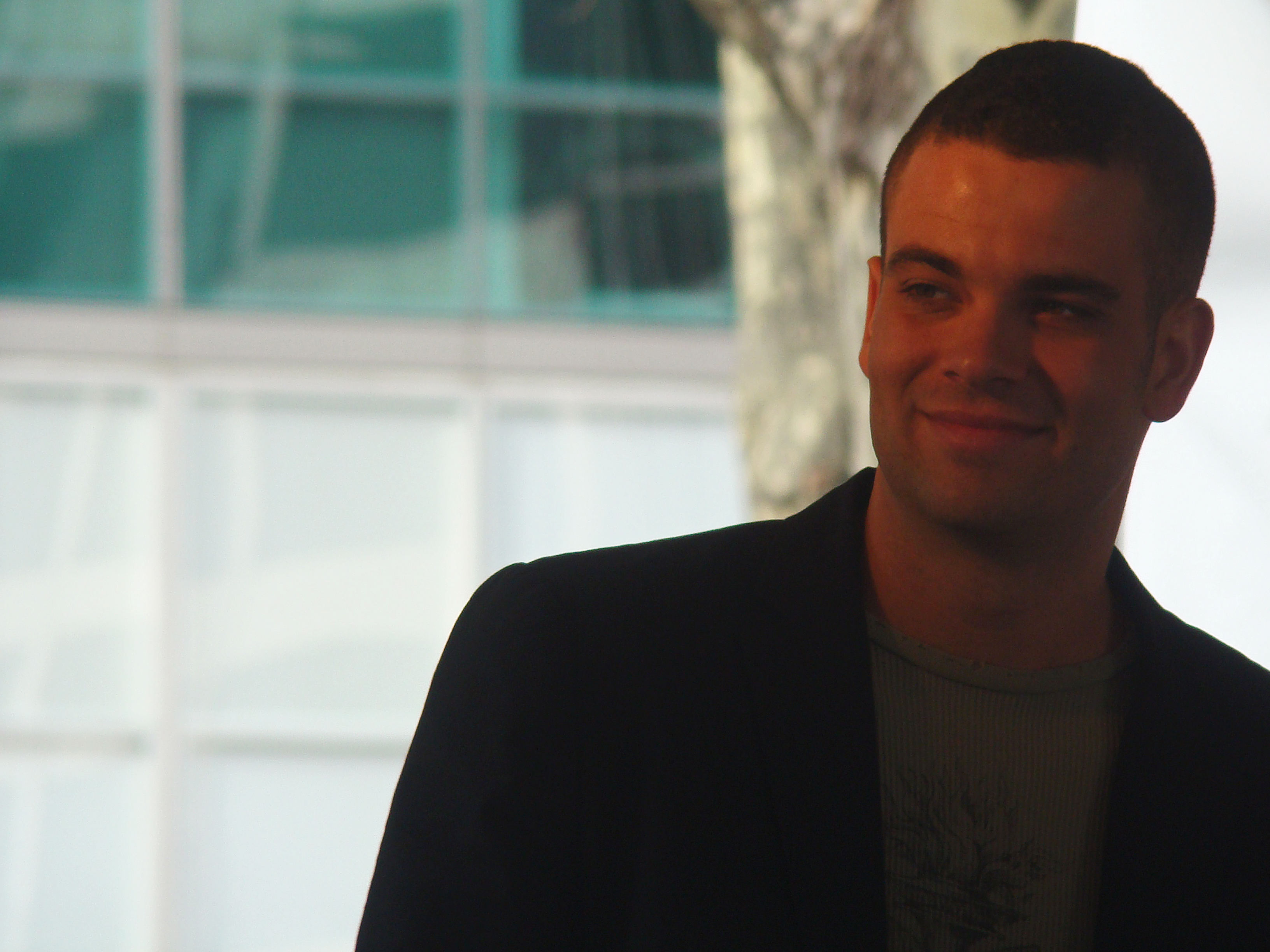
In recent weeks headlines revealed that in 1999 a white female student at Penn State University, Pennsylvania, filed a rape case against two black male students, one of whom was found guilty and the other who was acquitted of all charges. Neither of these two men served any time in jail as Jean Celestin, who was found guilty, appealed the sentencing, following which the case never made it back to trial. Actor and director Nate Parker, who was then Celestin’s co-defendant, transferred to another university following the high-profile case which was said to have “divided the campus”.
These two college athletes were unambiguously supported by their coach, the campus’ Black Caucus and following the sentencing of the two men, Penn State’s student body even passed a resolution to commend the judge responsible; much to the distress of the Women’s Affairs department of the student government. The survivor, despite the support offered by women’s rights groups on campus, endured sustained harassment throughout the trial’s duration such that she was able to sue the University for their poor handling of the case for $17,500 (£13,209). According to her brother, her mental health deteriorated steadily following the alleged rape and the consequences of her speaking out against it. She committed suicide a decade later at the age of 30.
Whilst Nate Parker was indeed found innocent of this charge, many familiar with the endemic reality of sexual assault on college campuses remain disturbed by the details of the case. On this particular occasion Parker’s behaviour was considered within the law, but the story has left a sour taste in the mouths of former fans and spectators alike, for the simple fact that with the court case relied on the accounts of two close friends versus one woman who was inebriated at the time of the event, it is difficult to be truly convinced by any party.
Statistically, the vast majority of women who report rape are not lying (92-98 percent) and yet most men who are thought to have committed the crime of rape will never serve jail time (97 percent). The mental and emotional strain of rape trials and the low conviction rates are generally a huge deterrent for women who have been raped. A spokesman for Brown University recently said that 43 incidents of sexual violence on campus had been reported in the last year. The university had fostered an environment of trust which meant that rape and sexual assault was finally actually being reported. Regardless, of the actions of one individual in one particular case, the incontrovertible reality that rape culture is real, and that university campuses in particular are hotbeds of largely unreported sexual violence cannot be denied.
Nate Parker has become a hero to many. A symbol of black liberation, the archetype of the Great Black Hope, Parker wasn’t just an actor who happened to be black. He had appeared in The Great Debaters alongside Denzel Washington and he’d played the male lead in a Gina Prince-Bythwood film, the woman behind classic the love story, Love and Basketball. Last month he sold his upcoming film Birth of a Nation, the story of a slave rebellion in the US led by revolutionary hero Nat Turner, for $17.5million (£13.2million) to Fox Searchlight. (Birth of a Nation, by the way, was co-written by Jean Celestin). Parker’s respectable, borderline regal, demeanour made him a source of pride for black America and certainly not an “obvious” choice as far as rape accusations go.
Ignoring the role that Nate Parker’s race played in the both the media and the justice system’s handling of the case, at the time and in the current phase of revelations, would be complacent. Spectators who claim that this information is only surfacing now to tear a black man on the rise down are not wrong. Those who proclaim this would never have happened to him had he been white have a really good point. The details of this case have been known to the public since the event itself and would certainly not be of interest to anyone, were he currently filming a B-grade, straight to DVD “hood flick”. Similarly, had he been the wealthy, white son of someone important, this case probably would have been buried in the corruption of a justice system which holds in equal contempt the rights of women and those of people of colour. All men should face punishment for rape, but barely any ever do. And if you’re black, it’s probably far more likely that you will be one of the few.
Yet none of this changes the fact that, 17 years ago, Nate Parker, Jean Celestin and an unnamed woman found themselves alone in a room together, and that following that night, the woman in question filed a claim for rape. Those who conflate the issue suggesting that his crime was blackness, not rape miss the point completely. It is a tragedy that in the eyes of American law, people are criminalised for simply being black through racial profiling, prejudiced drug laws and over policing. However, it is equally tragic that women are ostensibly discouraged from reporting sexual assault in a culture where rape is normalised, men are presumed innocent and women are presumed liars, sluts or vindictive bitches.
A student instrumental in Penn State’s decision to openly congratulate the judge’s ruling defended Celestin saying, “he was not some guy crouched in a dark alley somewhere. I don’t think you should be in the habit of ruining someone’s life for mistakes made”. This statement alone is telling of society’s attitude to rape survivors and perpetrators alike. It was deemed that she was actively ruining someone’s life by opening up about what had happened to her and he, young, naïve and well-intentioned, was simply in the wrong place at the wrong time.
When I heard about Nate Parker’s history, I felt ashamed at my own shock because I know better. I know that there is no “typical” rapist. Parker’s ostensible innocence aside, I know that no proud black man or “man of faith” is impermeable to the laws that society makes. I know that rape culture is as subtle as it is pervasive. I know that the phrase “she was asking for it” still lives in the mouths of men and women alike. I know we still live in a society where “boys will be boys” and we are not invited to hold them accountable. However most disappointingly, my shock was ill-founded because I know that a black man who stands up for black people doesn’t always stand up for black women.
I am sure that when Reverend Al Sharpton and Charlamagne Tha God are quick to dismiss the “smear campaign” against a man with a transparent past, they are not thinking of the scores of black women who suffer at the altar of rape culture. They are thinking, certainly, of a great black man attacked by a racist system.
That doesn’t change the fact that to speak out on Nate Parker’s case and not condemn a society in which women are vilified for identifying their abusers, is to stand on the side of the patriarchy, thereby reinforcing a system under which it is black women who will suffer, who always do suffer, the worst.
It is not unique to black freedom struggles that liberation comes first and “women’s issues” second. Indeed, it is a phenomenon that creeps into innumerate freedom fights from LGBTQ movements to anti-colonial struggles. Yet, we know now that that black people will never be free as long as black women are being oppressed, because women are human beings too. May we never forget the Jim Crow era of Atticus Finch where a black man would be lynched from a mere whisper that he had touched a white woman. But in 2016 to dismiss rape allegations or carelessly defend those embroiled in them is a dangerous endorsement of a world where violence towards women is par for the course. Whilst, A$AP Rocky is still out here, the last in a long line of people trying to defend Bill Cosby, the majority of whose 50+ victims were young black women, we all need to be committing to a fight for freedom that sees men and women’s liberation as achieved together or not at all.









